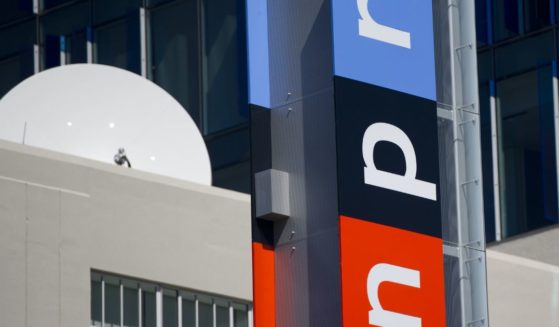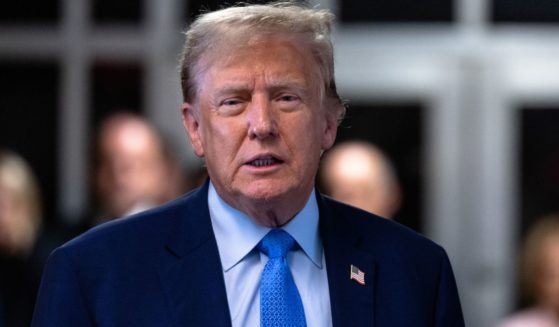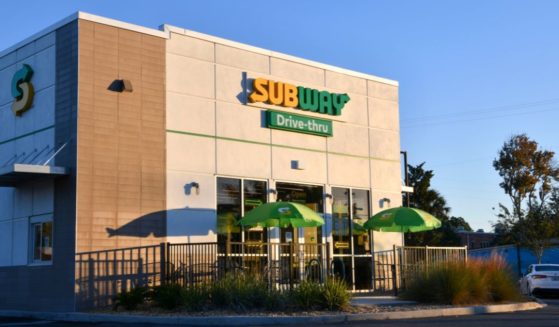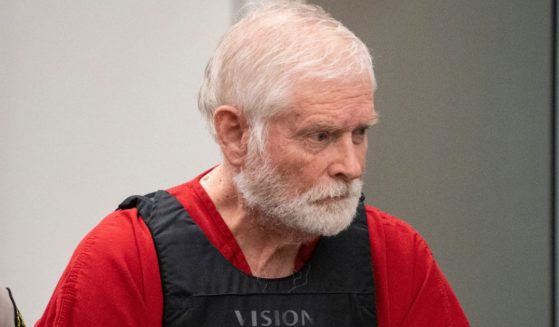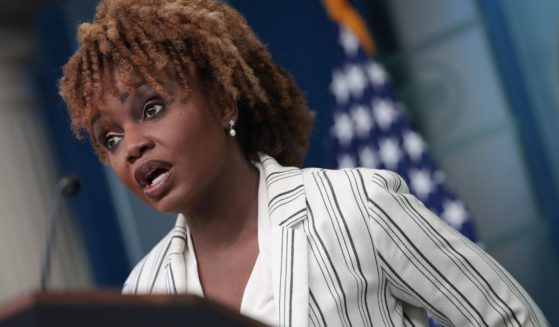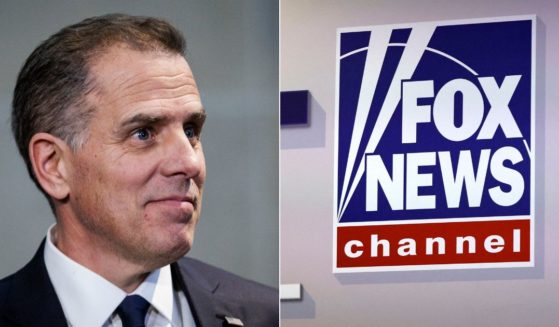Germany's governing parties in damage control after EU vote
BERLIN (AP) — Germany’s governing parties licked their wounds Monday after a battering in the European Parliament election and vowed to improve their performance. The leader of the junior party in Chancellor Angela Merkel’s ruling coalition sought to face down her critics, calling for a vote aimed at bolstering her position.
Merkel’s center-right Union bloc governs Germany in an often-cantankerous and unpopular “grand coalition” with center-left Social Democrats, traditionally the country’s two biggest parties. In Sunday’s election, both had their worst showings yet in a nationwide vote, with the Social Democrats sinking to third place behind the resurgent Greens .
The result appeared likely to deepen tensions in the coalition.
One immediate point of contention: Merkel’s bloc pushed for support to make Manfred Weber, a German conservative, the next head of the European Commission, while the Social Democrats backed the Netherlands’ Frans Timmermans for the post.
Merkel met with her coalition partners Monday to discuss the matter, and said she wants a quick resolution.
“We want to find a solution as quickly as possible, because the European Parliament will meet at the beginning of July, and it would of course be desirable if there were already a proposal at that point” from heads of state and government, she said.
EU leaders are meeting in Brussels on Tuesday night to discuss how best to fill the bloc’s top jobs for the parliament’s new term.
The Social Democrats’ leader, Andrea Nahles, has been a frequent target of criticism for her party’s failure to turn around its dismal poll ratings. Still, on Monday she rejected suggestions that she should resign after the election debacle.
“It is completely clear to everyone how serious the situation is,” she said after her party slumped to third place. She said Social Democrats need to take “more clear positions” on issues such as climate change and labor.
Later Monday, Nahles told ZDF television she plans to hold an early vote next week on her other job as the head of the Social Democrats’ parliamentary group, following reports that critics want to challenge her. Nahles said wants to keep both jobs.
“I want to have clarity now so that we don’t spend the coming weeks having personnel discussions,” she said.
Markus Soeder, leader of the Christian Social Union — part of Merkel’s center-right bloc — urged the Social Democrats to “clear up what they want” and to stop moaning about possibly leaving the governing coalition early.
“People who only say in a relationship that they’d prefer to move out won’t manage a happy marriage in the future,” he noted.
Nahles said her party will now consider what it wants from a midterm review that the coalition agreed to hold when it took office in March last year. The review is due this fall but has been widely viewed as something that could mean an early end to the coalition. The next German national election isn’t due until late 2021.
Merkel, who handed the leadership of her Christian Democratic Union party to Annegret Kramp-Karrenbauer in December, largely stayed out of the campaigning for this European Parliament election.
___
For more news from The Associated Press on the European Parliament elections go to https://www.apnews.com/EuropeanParliament
The Western Journal has not reviewed this Associated Press story prior to publication. Therefore, it may contain editorial bias or may in some other way not meet our normal editorial standards. It is provided to our readers as a service from The Western Journal.
Truth and Accuracy
We are committed to truth and accuracy in all of our journalism. Read our editorial standards.


